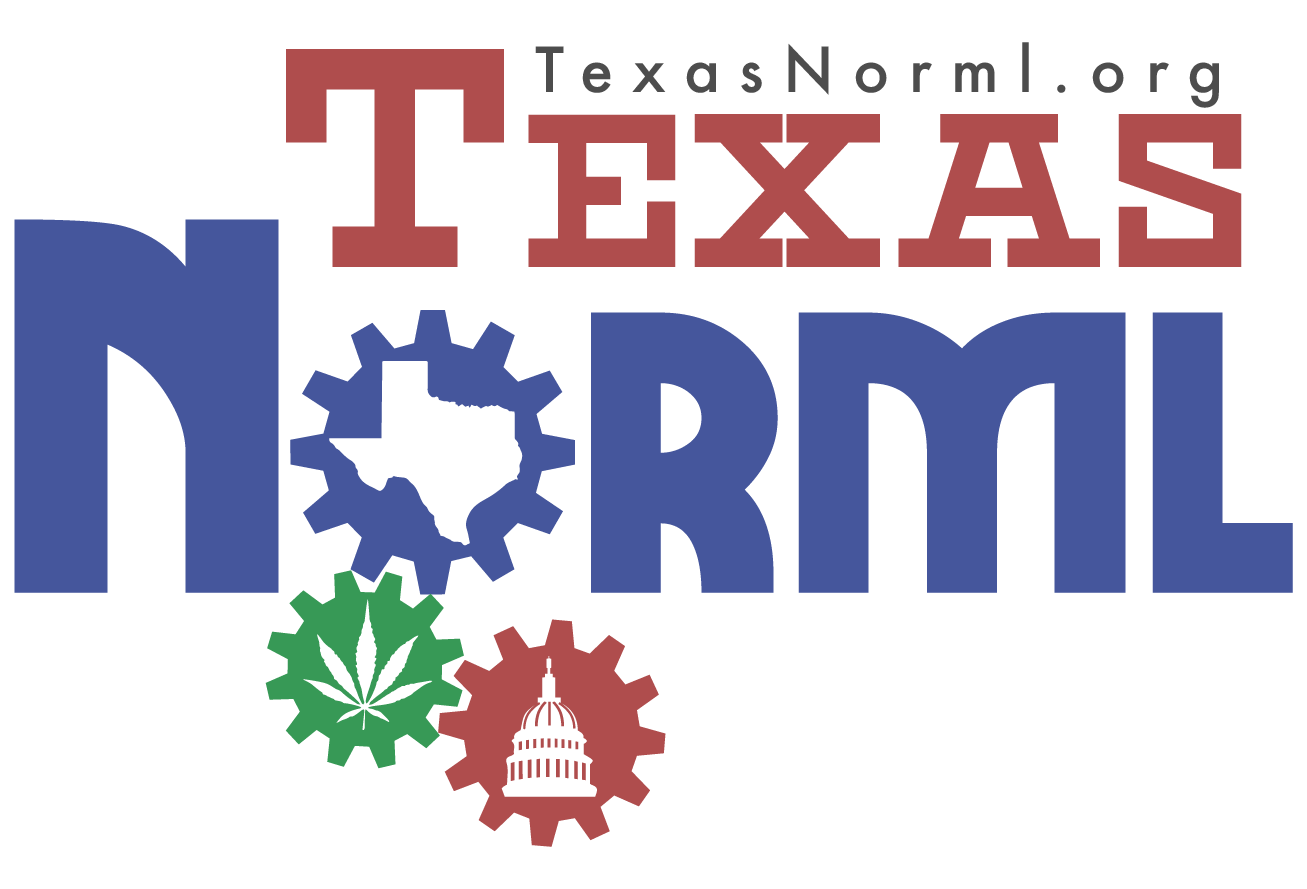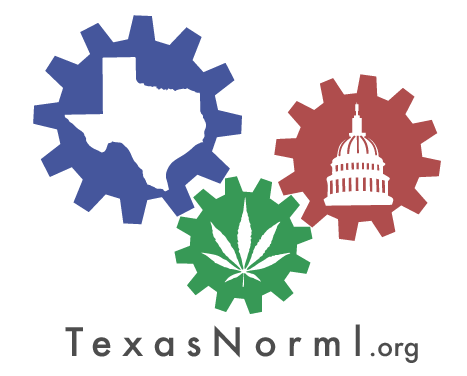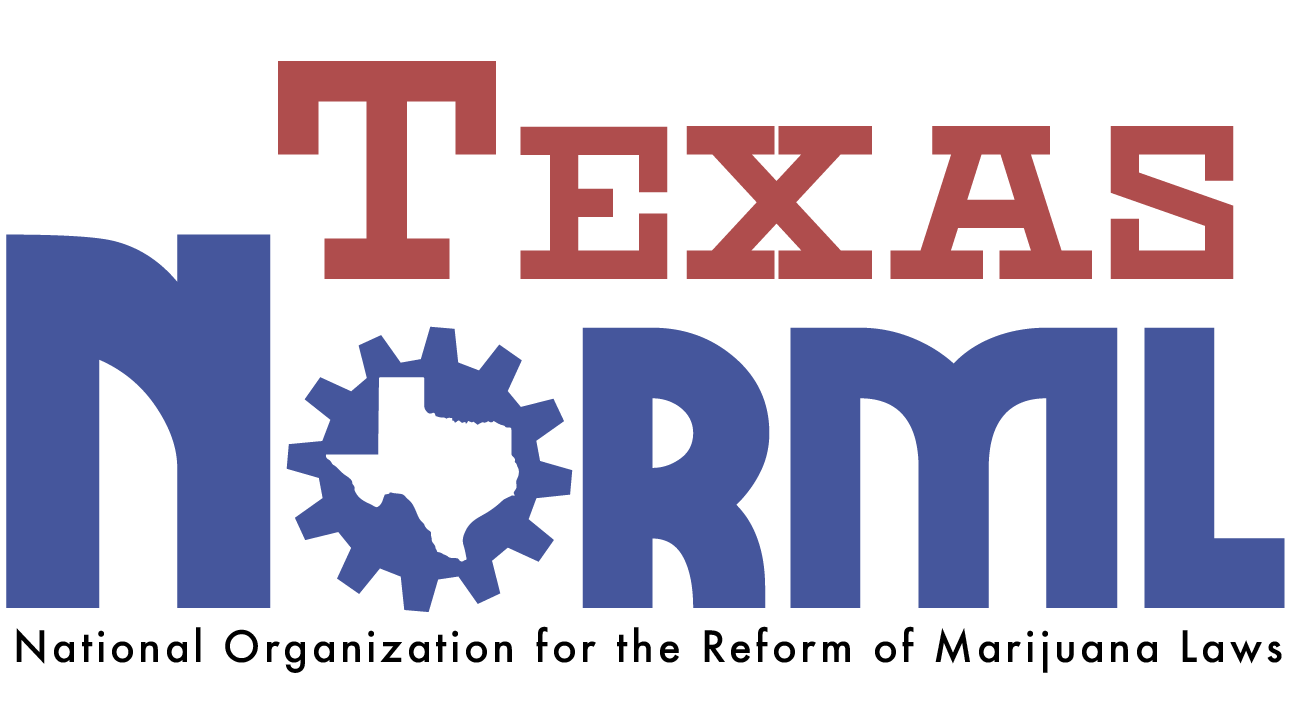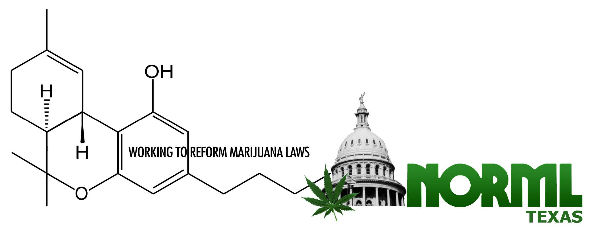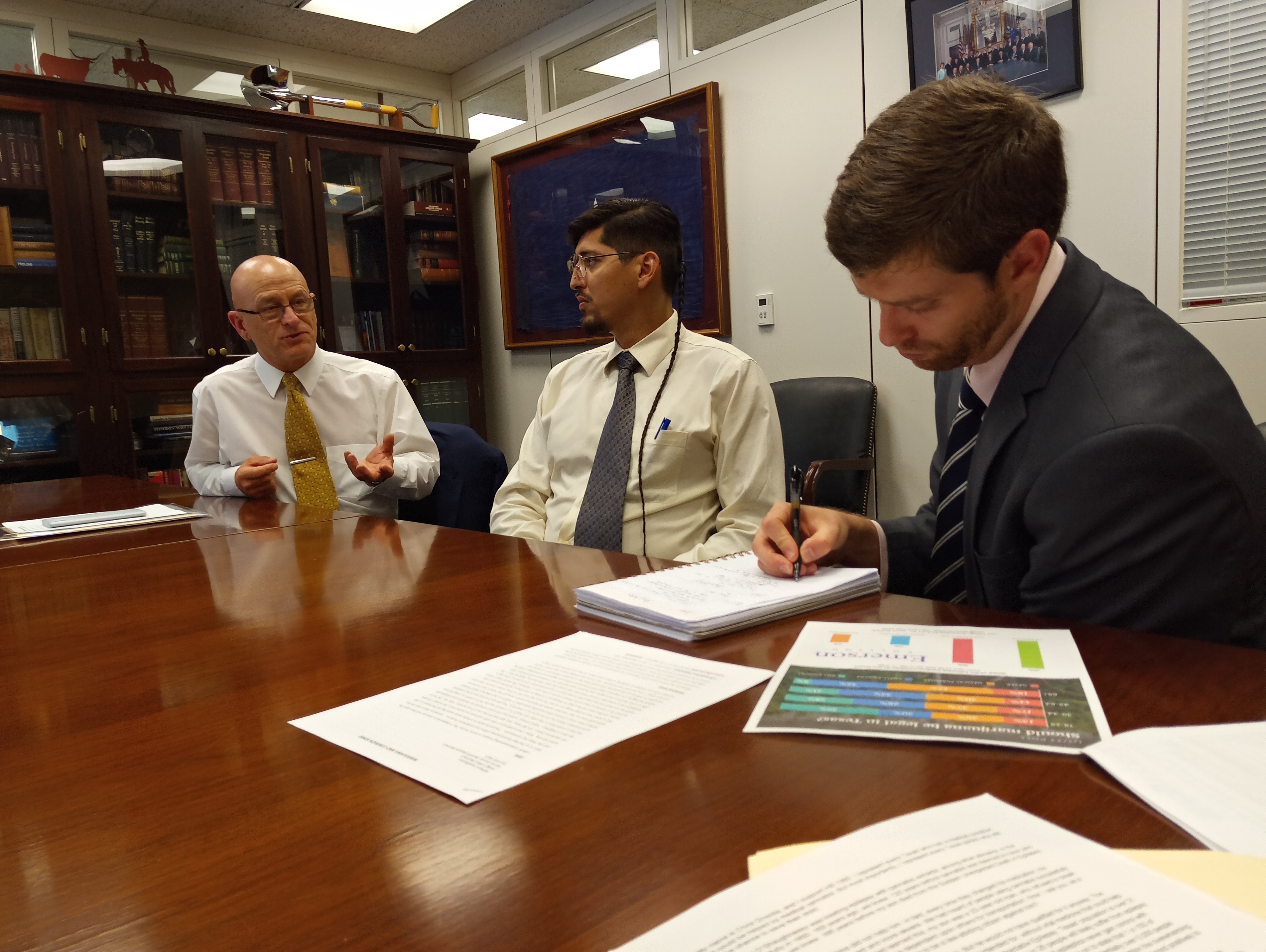Locally:
On November 11th, Texas NORML organized an action alert for Veteran’s Day. It was successful with at least 200 emails sent out on that day (not to mention those that emailed in advance of Veteran’s Day).
November 22nd, Our Director of Veteran’s Outreach, Davis Bass organized our participation in the wreath making for the Texas State Veteran’s Cemetery. You can watch the video of the event here.
Vincent Lopez, Director of Patient Outreach, founder of the Austin 420 and Patient Alliance for Cannabis Therapeutics was invited to speak at the Baker Institute at Rice University on November 12th. It was a rousing and educational event that was well attended and covered by local media. You can watch the whole program here.
After years of dedicated service, Executive Director, Cheyanne Weldon, gave her resignation to the Board of Directors of Texas NORML (National Organization for the Reform of Marijuana Laws). In response to her resignation, the Board of Directors convened on Monday, December 1st. Jamie Spencer, former Legal Counsel, was voted in as an Interim Executive Director through the duration of her term or until the time we find a long term replacement.
Cheyanne’s dedication, vision and determination to reforming marijuana laws in Texas have made Texas NORML a stronger organization. We wish Cheyanne the best in all her endeavors.
We request your support during this time of adjustment. The Directors and Officers are still excited and prepared to move forward with our plans of action for the upcoming Legislative Session. We look forward to seeing you at our upcoming Activist Training Day. (Read the full statement from the Board here.)
Nationally:
New York City: Mayor Bill de Blasio and Police Commissioner William Bratton publicly announced plans yesterday to halt the NYPD’s practice of arresting tens of thousands of minor marijuana offenders annually.
Under the new plan, set to take effect November 19, city police would issue first-time marijuana offenders a summons, payable by a fine, in lieu of making a criminal arrest.
Washington, D.C.: The Congressional Research Service (CRS) released a comprehensive thirty five-page report last week examining the federal government establishing a wholesale excise tax on the production and sale of cannabis-related products.
In what is one of the most comprehensive policy and fiscal reviews to date of how cannabis can be taxed and regulated, numerous areas of consideration were reviewed including enforcement, discouraging youth use, choosing the base to tax (i.e., weight, potency and price), restrictions, labeling, measurement, special tax rates, home production and medical cannabis. Members of Congress initiate these reports to CRS.
CRS’ economic analysis indicates that cannabis prices are likely to fall from today’s prohibition-influenced prices of $200-$300 an ounce to as low $5-$18 ounce. Economic modeling based on a $40 billion annual cannabis market in the United States tests a $50 per ounce federal excise tax price point (generating nearly $7 billion in federal excise taxes).
When making the logical comparison of alcohol and cannabis’ ‘external costs’ (i.e., taxation to equate with external costs of the drug use to society), researchers peg alcohol’s external costs to the nation at $30 billion annually; cannabis, at $0.5 – $1.6 billion.
NORML Executive Director Allen St. Pierre commenting on the new CRS paper: “This CRS report on the prospects of the federal government taxing and regulating cannabis is another clear indication of the political saliency and fiscal appeal of ending cannabis prohibition at the state, and increasingly at the federal level (replacing the nearly eighty-year old failed federal policy with tax-n-regulate policies that are similar to alcohol and tobacco products).
Washington, D.C.: On Wednesday the IRS Advisory Council (IRSAC) released a report making a number of observations and recommendations to the Internal Revenue Service and federal policy makers relating to the need for greater latitude and legal protections (under the current federal anti-marijuana laws) for tax professionals who choose to work for clients who are in the cannabis industry.
“With over 20 states allowing medical marijuana and now states beginning to legalize recreational marijuana, this industry needs qualified, ethical professionals to help them fulfill their income tax obligations.” IRSAC concluded, “…tax professionals need reassurance regarding their own roles in giving tax advice to and preparing tax returns for such businesses.”
Colorado: State Public Health Department officials have recommended over $7 million dollars in grant funding to pay for a series of state-sponsored clinical trials to assess the safety and efficacy of cannabis and cannabinoids.
The proposed studies include a pair of clinical trials to evaluate the use of cannabidiol (CBD), a nonpsychotropic plant cannabinoid, for patients with pediatric epilepsy. Two additional trials will assess the use of cannabis for patients suffering from post-traumatic stress. Other studies will assess the efficacy of either cannabis or CBD in the treatment of Parkinson’s disease, brain tumors, ulcerative colitis, and pain management. (More specific summaries of all eight proposed studies are available online here.)
Grant funding for the proposed studies requires final approval by the state Board of Health in December.
Federal Bill: A bill has been introduced to Congress which would allow doctors with Veterans’ Affairs to recommend medical marijuana for military veterans in states where cannabis consumption is medically legal.
Rep. Earl Blumenauer of Oregon and Dana Rohrabacher of California have introduced the bill as co-sponsors in an effort to make it easier for veterans to obtain medical marijuana. Due to current policy, veterans who consume cannabis could lose their prescriptions.
Currently, the Department of Veterans Affairs (VA) specifically prohibits its medical providers from completing forms brought by their patients seeking recommendations or opinions regarding a Veteran’s participation in a state medical marijuana program. The Act would authorize VA physicians and other health care providers to provide recommendations and opinions regarding the use of medical marijuana to veterans who live in medical marijuana states.
The bill is also cosponsored by Justin Amash (R-MI), Paul Broun (R-GA), Steve Cohen (D-TN), Sam Farr (D-CA), Walter Jones (R-NC), Thomas Massie (R-KY), Beto O’Rourke (D-TX), Jared Polis (D-CO), Steve Stockman (R-TX), and Dina Titus (D-NV)
Following funding approval, researchers will still be required to gain additional federal approval in order to obtain access to research-grade cannabis or CBD.
Internationally:
Santiago, Chile: Bipartisan support in Chile for allowing qualified patients to legally access cannabis products as well as decriminalizing small amounts for adult possession (including allowing small-scale home cultivation) was on display in the House of Representatives’ Health Committee. Representatives from numerous political parties unanimously voted these recommendations 10-0.
*** You can find more information on the National and International stories here.
